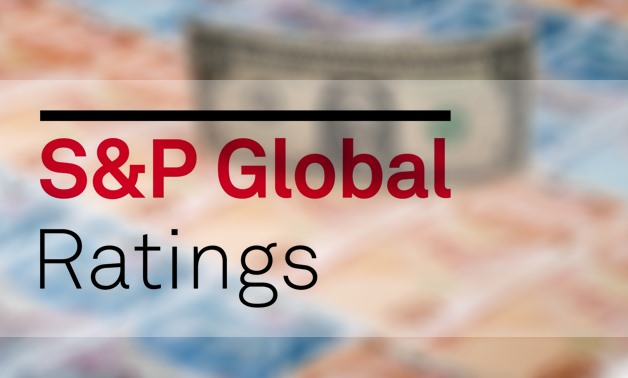
FILE: The company forecast a recession next year, while the inflation rate will peak at 22% over the next four months
CAIRO – 17 August 2018: Standard & Poor's Global Ratings on Friday lowered its unsolicited long-term foreign currency sovereign credit rating on Turkey to ‘B+’ and its unsolicited long-term local currency sovereign credit rating to ’BB-‘ from ’BB’.
Moreover, the financial services company has announced lowering its unsolicited long-term turkey national scale rating to ’trAA+’ from ’trAAA’, and also affirmed the 'trA-1+' short-term national scale rating.
"The downgrade reflects our expectation that the extreme volatility of the Turkish lira and the resulting projected sharp balance of payments adjustment will undermine Turkey's economy,” S&P Global Ratings announced in a press statement.
The company forecast a recession next year, while the inflation rate will peak at 22% over the next four months, before subsiding to below 20% by mid-2019.
“We anticipate that 2019 will be the first year since 2009 in which nominal credit growth will be less than inflation, implying a major shift in real domestic financing conditions.”
Turkey's battered lira weakened more than 6 percent against the dollar on Friday, after a U.S. warning that Ankara should expect more economic sanctions unless it hands over the detained American evangelical pastor Andrew Brunson, Reuters reported on Friday.
Turkish lira has lost nearly 40 percent of its value against the dollar this year, hit by both the diplomatic rift and investor alarm about President Tayyip Erdogan's influence over monetary policy.
The S&P’s statement also pointed out that “the weakening of the lira is putting pressure on the indebted corporate sector and has considerably increased the funding risk for Turkey's banks; these economic and financial shifts will have implications for public finances, resulting in a rise in the government's still-moderate debt ratio, and increasing the risk of contingent liabilities rising in the banking sector.”
The company added that despite heightened economic risks, it believes the policy response from Turkey's monetary and fiscal authorities “has so far been limited.”
As for the outlook, the company affirmed it reflects balanced risks to its ratings on Turkey over the next 12 months.
“We could lower our ratings on Turkey if we see an increasing likelihood of a systemic banking crisis with the potential to undermine the country's fiscal position,” the statement read. “Key indicators of this could include a rise in corporate loan book default rates, difficulties rolling over banks' foreign funding, or domestic deposit withdrawals.”
The ratings, according to the company, could also be lowered if Turkey's economic growth turned out to be materially weaker than we currently project, with a deeper recession taking place over the four-year forecast horizon.
“We could consider an upgrade if the government successfully devises and implements a credible economic adjustment program that bolsters confidence, stabilizes balance-of-payments flows, and brings inflation under control.”
Comments
Leave a Comment